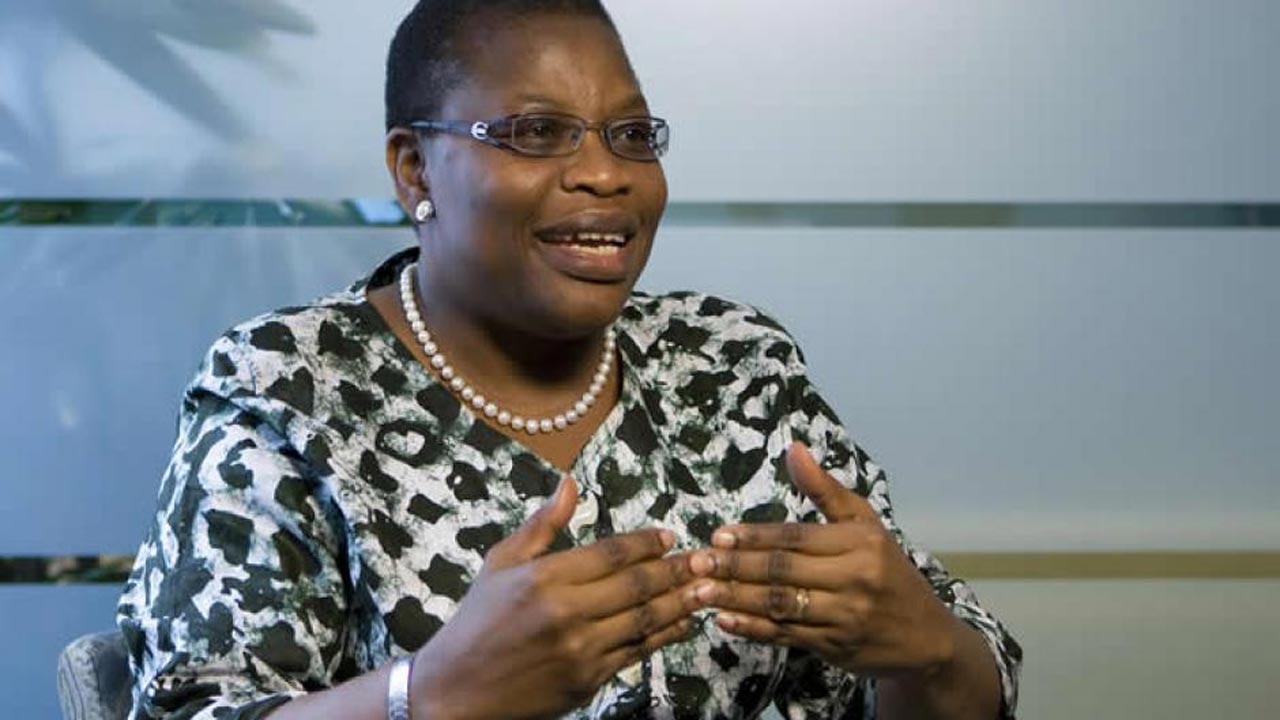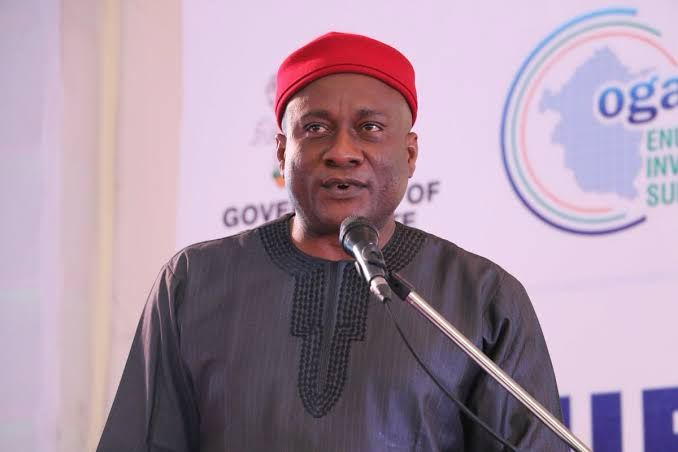The federal government has commissioned the $350 million World Class African Medical Centre of Excellence (AMCE), a medical facility developed by Afreximbank in conjunction with King’s College Hospital London with the support of other partners.
The state-of-the-art facility, which has 170 inpatient beds in phase 1, would be expanded to 500 beds in phase 2, and is meant to help tackle head-on the longstanding challenges of medical tourism, limited access to specialized care, and the brain drain of skilled professionals, addressing the persistent challenges in accessing high-quality healthcare here in Nigeria and across the continent.
Speaking at the official commissioning of the facility on Thursday in Abuja, Tinubu said that Nigeria is proud to host the largest stem cell laboratory in West Africa, located within the Centre, adding that with the planned Medical and Nursing School on the campus, and with partners ranging from King’s College London to the University of Wisconsin, AMCE is laying the foundation for a new generation of African medical specialists who will no longer be exported but empowered at home.
He observed that the establishment of the AMCE is a collective refusal to accept medical vulnerability as destiny, stressing that the Centre is a promise of the continent, and a statement that Africa is prepared to compete with the best medical services around the world.
Tinubu stated that the African Medical Centre of Excellence could not have come at a better time, adding that the Centre will benefit from the investments and reforms his administration has championed, and it is also a reminder that the ultimate measure of a functional nation is the synergy between the government and private sector players to co-create solutions.
According to the President, the pace to be set by the AMCE will serve as a template for those who truly seek excellence in their service delivery, even beyond the health sector.
He said, “I salute the partnership with King’s College Hospital and the brilliant minds behind this medical renaissance. This is what becomes possible when institutions rise to African challenges with African solutions. We are not gathered here because we lack hospitals. Far from it. We are here because the pursuit of excellence is endless. We are gathered because we refuse to accept mediocrity as our destiny.”
Tinubu noted that when he took office two years ago, he set out to break the cycle of dysfunction in the healthcare system, signed an Executive Order to unlock the healthcare value chain, making room for local manufacturers, domestic innovators, and private sector partners, and also launched the Presidential Initiative to Unlock the Healthcare Value Chain (PVAC), to intensify pharmaceutical production, regulatory systems, and access to diagnostics.
Represented by his Deputy, Senator Ibrahim Shettima, the President stated that the administration, in December 2023, launched the Nigeria Health Sector Renewal Investment Initiative and secured over $2.2 billion in health sector commitments, with clear, measurable targets to renovate over 17,000 primary health centres, train 120,000 frontline health workers, and double health insurance coverage within three years.
He said, “These are not aspirations. These are milestones already in motion. We believe that no innovation or intervention in our health sector will endure unless we build the systems that sustain them. Through the Renewed Hope Infrastructure Development Fund, we are investing in the roads, power, and connectivity that breathe life into health facilities because a world-class hospital cannot function on a dirt road, and no MRI machine works without stable electricity.”
Tinubu assured that his administration will continue to support this initiative, adding that the government is committed to seeing the facility ecosystem grow to include a teaching hospital, a nursing school, and residences for medical staff.
In his remarks, the Chief Executive Officer (CEO) of AMCE, Brian Deavers, said that the facility will deliver comprehensive, advanced, patient-centred, compassionate care in West Africa, adding that no West African should ever need a passport to find hope.
He said, “Imagine a night-time satellite image of Africa. You’ll see vibrant clusters of light in the great cities, but vast stretches remain dim—places where advanced healthcare has largely been out of reach. AMCE exists to replace that darkness with capacity, capability, and hope. This week, as we officially open our doors, we will ignite a beacon of medical excellence and innovation that shines far beyond Nigeria’s borders.”
Deavers explained that the first phase of the facility being commissioned has 170 inpatient beds to start, expanding to 500 beds in phase 2, each with point-of-care diagnostics, the first and only 3 Tesla MRI in Nigeria and the only one functioning in West Africa, as well as a 256-Slice CT to provide ultra-high-resolution neuro-vascular, cardiac, and whole-body imaging in a fraction of the time of the next best alternatives.
According to him, the facility also has Contrast-Enhanced Spectral Mammography—detecting breast lesions invisible to conventional scans, and an Integrated Genomics and Molecular Pathology Lab that will deliver tumor sequencing within 72 hours, driving targeted therapy decisions.
Also speaking, President and Chairman of the Board of Directors of Afreximbank, Prof. Benedict Oramah, said that AMCE will also serve as the largest and most diverse biobank in West Africa, enabling it to attract global and pan-African partnerships, and to serve as a reference medical facility for hospitals all over Africa.
He said, “Because we expect the AMCE to serve as a major domestic and international medical tourism destination projected to attract over 350,000 patients over the next five years, we have commenced the development of long-stay residential accommodation and doctors’ clinics within this campus at a cost of about $150 million.”
Oramah disclosed that the Bank has commenced steps to establish a medical and nursing school, in partnership with King’s College London, to be the first-ever campus of the College of Medicine and Nursing of King’s College London in Africa, adding that the planned investments in this 7-hectare campus are expected to reach just under $1 billion, of which $300 million have already been made and another $150 million are underway.






